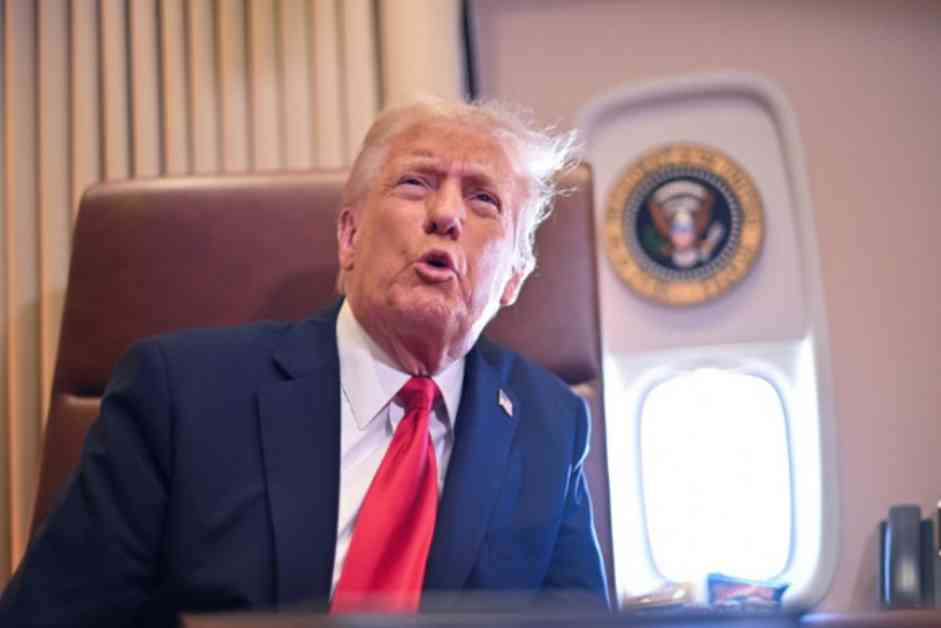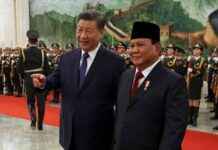US President Donald Trump made headlines today with his announcement of imposing 25 percent tariffs on steel and aluminum imports. This bold move has sparked reactions from around the world, with Europe and China expressing concerns over the potential repercussions of a full-blown trade war. Trump, known for his protectionist stance on trade, has defended his decision as a crucial step towards revitalizing the American steel industry.
Trump’s Tariff Declaration
During a press briefing aboard Air Force One, President Trump revealed his plan to levy hefty tariffs on steel and aluminum imports, emphasizing his commitment to putting America’s interests first. This announcement comes on the heels of Trump’s previous trade policies aimed at safeguarding US industries from what he perceives as unfair competition from abroad. With Canada, Mexico, Brazil, Mexico, and South Korea being major steel suppliers to the US, the impact of these tariffs is expected to reverberate across the global market.
National Economic Council Director Kevin Hassett underscored the significance of steel production in Trump’s vision for America’s economic prosperity. As Trump prepares to sign executive orders later today, the world watches with bated breath to see how these tariffs will shape international trade dynamics. The President’s promise of reciprocal tariffs against countries that impose levies on US products hints at a broader strategy to level the playing field in the global trade arena.
Global Response and Implications
While Trump’s tariff announcement has stirred concerns among global leaders, markets have displayed resilience in the face of potential trade tensions. European markets, in particular, showed a bullish trend in contrast to the turbulence witnessed in the wake of previous tariff threats. The European Commission’s vow to protect the interests of European businesses reflects a unified front against the looming trade barriers.
French President Emmanuel Macron’s pledge to challenge Trump’s tariff threats underscores the growing discord between the US and its European allies. German Economy Minister Robert Habeck’s assertion that a tariff conflict only results in losers echoes the sentiments of many international stakeholders. As Europe braces for the impact of these tariffs, the need for a united response becomes increasingly urgent.
Trump’s strategy of leveraging the US economy’s might to enforce trade policies has been met with mixed reactions worldwide. While the President has attempted to shield American consumers from bearing the brunt of these tariffs, experts caution that the ripple effects could have far-reaching consequences. The global equity indices’ positive response to these developments hints at a growing sense of “tariff fatigue” among investors, who are navigating the uncertain terrain of international trade relations.
In conclusion, President Trump’s imposition of tariffs on steel and aluminum imports marks a significant escalation in his administration’s trade policies. As the world awaits the unfolding repercussions of these tariffs, the delicate balance of economic interests and geopolitical dynamics hangs in the balance. Only time will tell how this latest decision shapes the future of global trade relations and impacts economies across the globe.




















